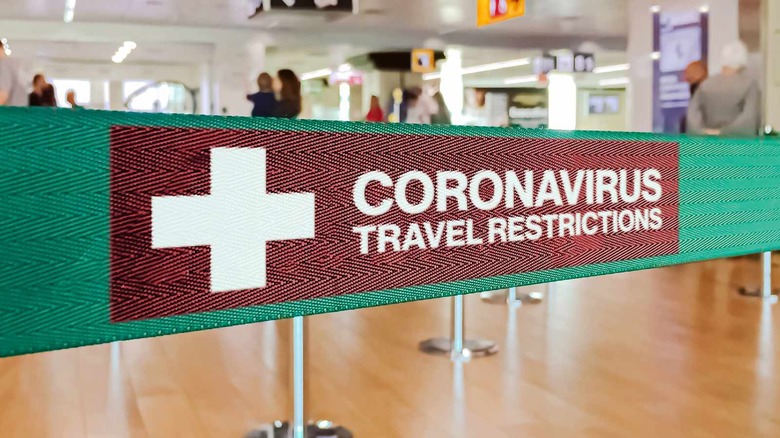Moderna booster gets some Omicron good news
Moderna has published the latest data on its COVID-19 vaccine, reporting a drastic increase in antibody levels against the SARS-CoV-2 omicron variant compared to the pre-booster regimen. The findings are good news as omicron cases increase rapidly and many people get a booster shot to increase their protection again the virus.
Moderna booster vs. Omicron variant
According to Moderna, preliminary data on its mRNA COVID-19 vaccine shows its booster shot offers substantially increased protection against the omicron variant, with greater protection triggered by the larger booster dose. The 50µg booster shot, which is currently authorized in the US, increased antibody levels that neutralize omicron 37-fold compared to the pre-booster shot level. However, a 100µg booster dose was found to increase the level by around 83-fold, a huge jump in protection, though the frequency of side effects was found to be slightly higher compared to the smaller dose.
This is reassuring news for individuals who have received the booster shot, particularly as omicron cases spread and evidence points toward high transmission rates. Moderna noted as part of its preliminary data announcement that that is working on a vaccine booster candidate designed specifically to address the omicron variant should it become "necessary in the future." The 100µg mRNA vaccine booster dose is one example of this effort, but other efforts are also underway.
This includes, Moderna says, vaccine booster candidates designed specifically to deal with "variants of concern," which refers to the more notable virus variants like delta and omicron. As well, Moderna is exploring multivalent (aka, polyvalent) booster doses at 50µg and 100µg that combines protection against multiple variants of concern. At this time, Moderna expects its vaccine booster against the omicron variant specifically, which the company calls mRNA-1273.529, will enter clinical trials early next year.
Growing cases, travel warnings
The SARS-CoV-2 virus variant B.1.1.529, which is more commonly called "omicron," was officially labeled a variant of concern by the World Health Organization in late November 2021. Experts have noted multiple mutations in this particular variant that may increase its transmission rate and decrease the efficacy of the current primary COVID-19 vaccine dosing regimens, though data is still early at this time.
The CDC notes that as of late November, delta was still the primary variant fueling COVID-19 cases in the US. Testing has revealed the presence of omicron in the nation, however, with cases caused by this variant reported in almost every state. The health agency is emphasizing the need for vaccination, as it remains the strongest protection against SARS-CoV-2 and reduces the virus mutations that can lead to new variants. The CDC also advises that the public wear masks in many settings to help curb transmission rates.
In its most recent travel advisory, the CDC lists several destinations as "Level 4" locations, meaning COVID-19 community case numbers are "very high." Those places include Lebanon, Finland, San Marino, Monaco, Bonaire, Chad, and Gibraltar (via CNN). The agency maintains an interactive map that shows COVID-19 cases in real-time around the world, as well as information travelers need to know.


